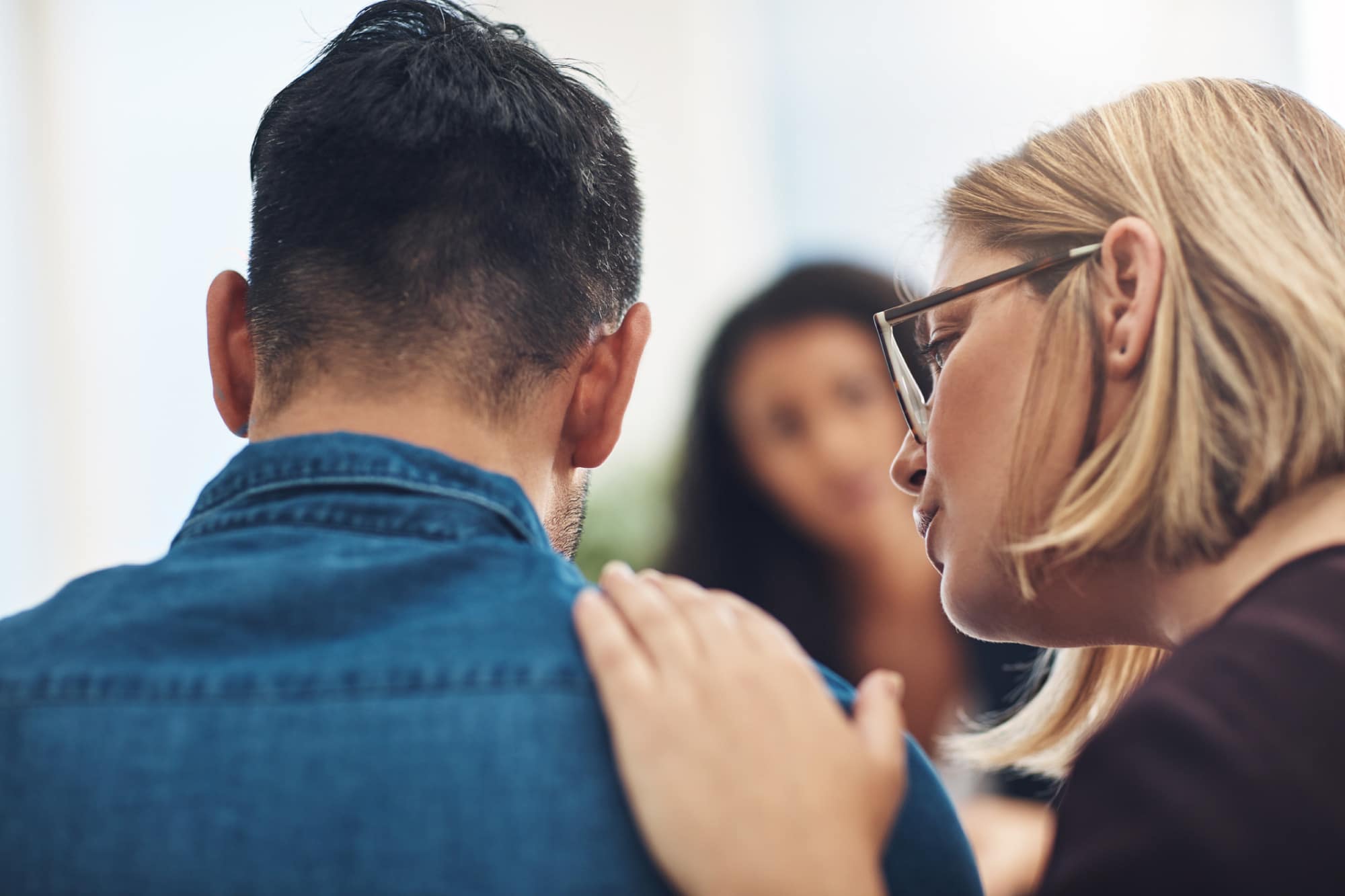Grief & Loss
We all need help to process and let go in a healthy way
Featured Articles
In the Military, the Whole Family Serves
While children of military families are often resilient, even amidst parental deployment, they still struggle with increased stress, feelings of isolation, and emotional and behavioral problems. It’s important to understand the effects that military family stress can have on individuals and how we can support our serving members, veterans, and their children.
Learn MoreThe Triggering Effect: How to Manage Yours
If you’re in recovery from addiction, you know it takes much more than just willpower to prevent relapse. Recovery is a lifelong journey of learning and discovery about yourself that requires deep healing, as well as an arsenal of coping mechanisms to get you through the daily struggles of sobriety.
Learn MoreScars: What Lies Beneath
Losing a loved one is one of the most distressing experiences one can face. At the Claudia Black Young Adult Center we often treat young adults who have experienced a loss that is not a natural part of growing up. Most people experiencing normal grief and bereavement have a period of sorrow, numbness, and even guilt and anger but gradually these feelings ease, and it's possible to accept the loss and move forward.
Learn MoreAdmissions
Our experienced, compassionate Admissions team is here to help 24 hours a day and will treat you with the dignity and respect you deserve. Let our specialists help you create a road map to get you where you want to go: a healthier, more balanced, fulfilling place in life. When you call, you’ll be led through a series of questions to determine if the Claudia Black Young Adult Center is the right fit for your needs, and how soon your treatment can begin.
If you are interested in treatment for yourself or a loved one, call or fill out our convenient Admissions form!
CONTACT OUR ADMISSIONS OFFICE
 866-957-4961
866-957-4961
OR COMPLETE AN ADMISSIONS CONTACT FORM
Click below to start the admissions process today



